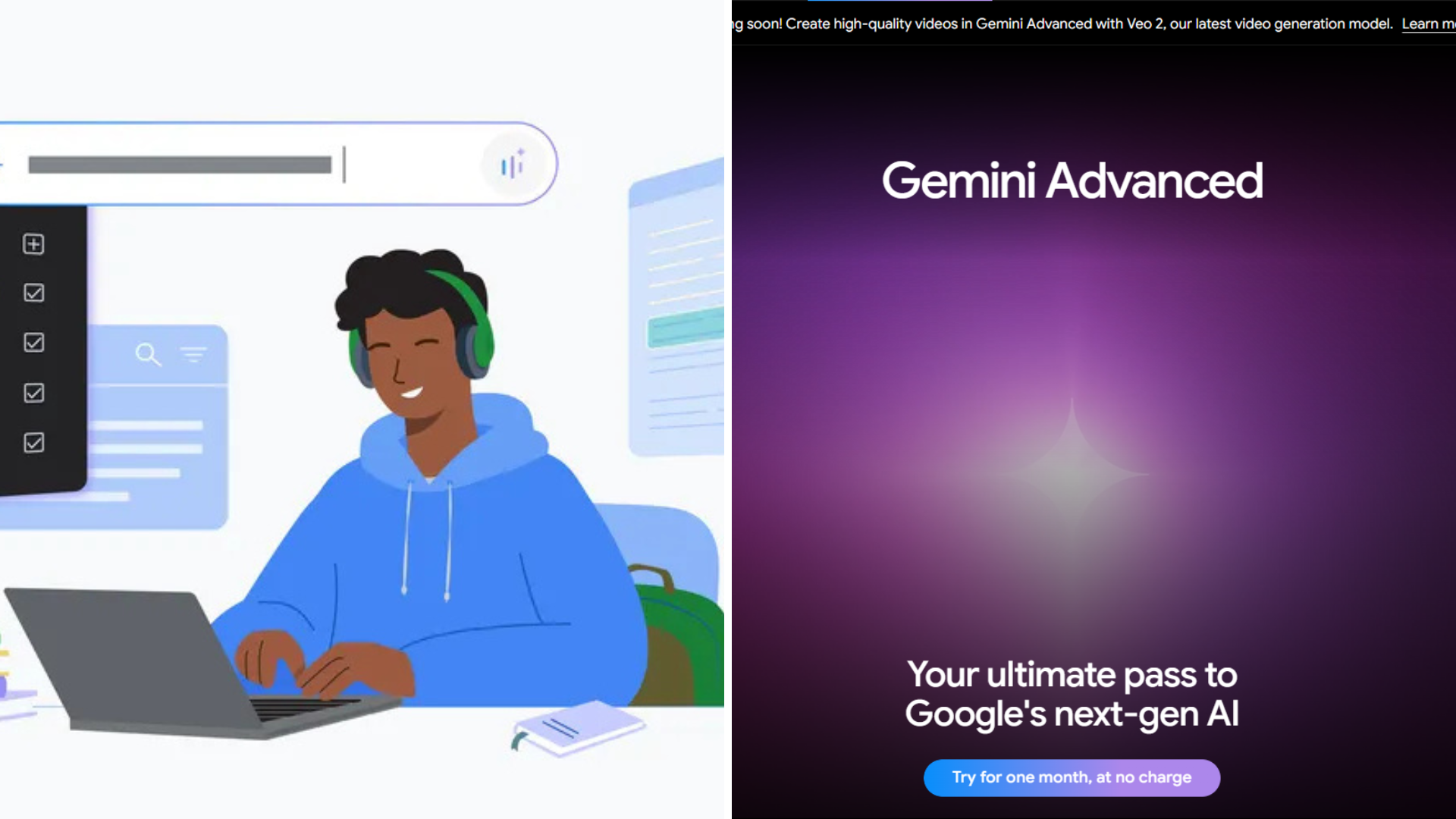Google announces new Chromebook security features amid current unit longevity issues
3 min. read
Published on
Read our disclosure page to find out how can you help MSPoweruser sustain the editorial team Read more

Google is beefing up its ChromeOS security, citing the new set of guidelines for cybersecurity underlined by US and international government agencies. The search giant is introducing a handful of new features for data protection in the system alongside the company’s recent partnerships cementing its security efforts. The announcement, however, is being overshadowed by new report findings by US Public Interest Research Group Education Fund, showing the units’ short lifespans and inconvenient repairability features.
Google continues to boost the image of its Chromebook as a friendly option for students and enterprises. In a recent blog, the company highlighted the most recent of ChromeOS, including the ChromeOS Data Controls that give IT and admins the power to “set up rules to prevent copy and paste, screen capture (screenshots and video capture), screen sharing, and printing.”
For general Chromebook users, the company promised to deliver a new privacy control section in Security and Privacy of Settings, allowing them to deactivate their cameras and microphone completely. It will be a convenient way to cut off any application’s access to the said hardware components instead of relying on computer parts like camera sliding covers. Google said it would be coming “later this year.”
Aside from these features, the company shared its growing partnerships with other tech companies, including Microsoft, CrowdStrike, Palo Alto Networks, and Netskope.
These efforts, however, are slightly being undermined by a recent report underscoring the inefficiency of Chromebooks as long-lasting units for the public. In the report of the Public Interest Research Group (PIRG), researchers say that affordable Chromebooks are actually expensive because of their poor repairability qualities and short lifespans.
The report shares that only after three years, the Chromebook units are already showing issues and that the replacement parts are challenging to acquire, with some of them costing “$89.99 or more, which is nearly half the cost of a typical $200 Chromebook.” Nonetheless, this is not surprising since component shortage is not new in Chromebooks. In 2021, a report from IDC even said that OEMs were forced to prioritize Windows laptops over Chromebooks due to component shortages. With these things, the PIRG believes the “high costs may make schools reconsider Chromebooks as a cost-saving strategy.”
Other issues covered in the report include the problematic Automatic Update Expiration system and Chromebook’s contribution to the world’s electronic waste problem due to its short lifespan.
Google addressed the issues, sharing the actions it has performed and been doing.
“We’ve worked diligently with our hardware partners to increase the years of guaranteed support Chromebooks receive, and since 2020, we now provide eight years of automatic updates, up from five years in 2016,” Google spokesperson Peter Du told The Verge. “We also are always working with our device manufacturing partners to increasingly build devices across segments with post-consumer recycled and certified materials that are more repairable, and over time use manufacturing processes that reduce emissions.”
“Regular Chromebook software updates add new features and improve device security every four weeks, allowing us to continuously iterate on the software experience while ensuring that older devices continue to function in a secure and reliable manner until their hardware limitations make it extremely difficult to provide updates,” Du added.








User forum
0 messages